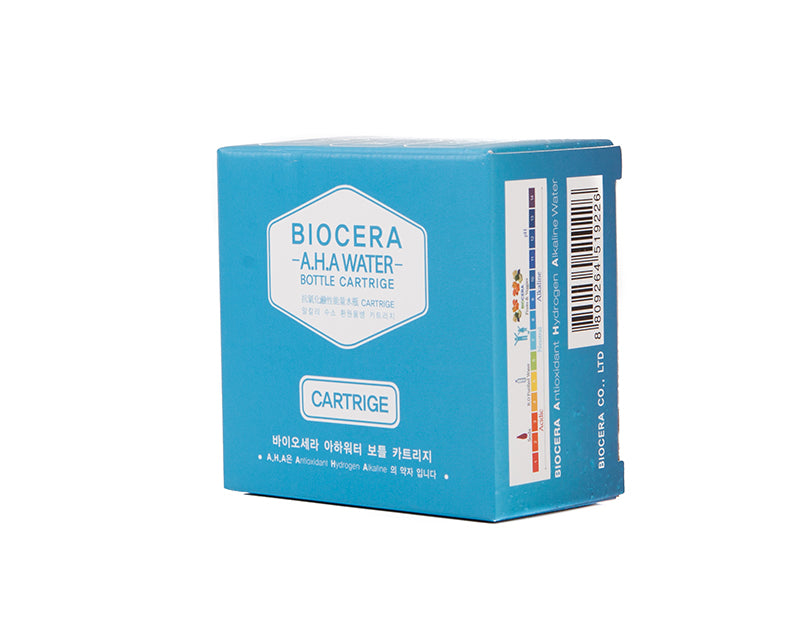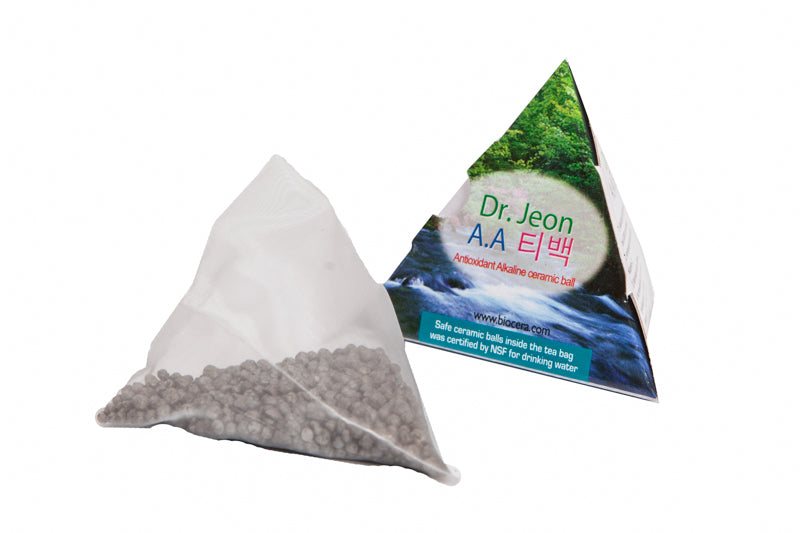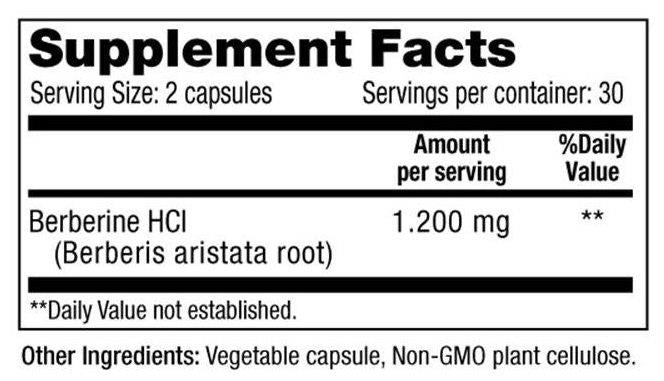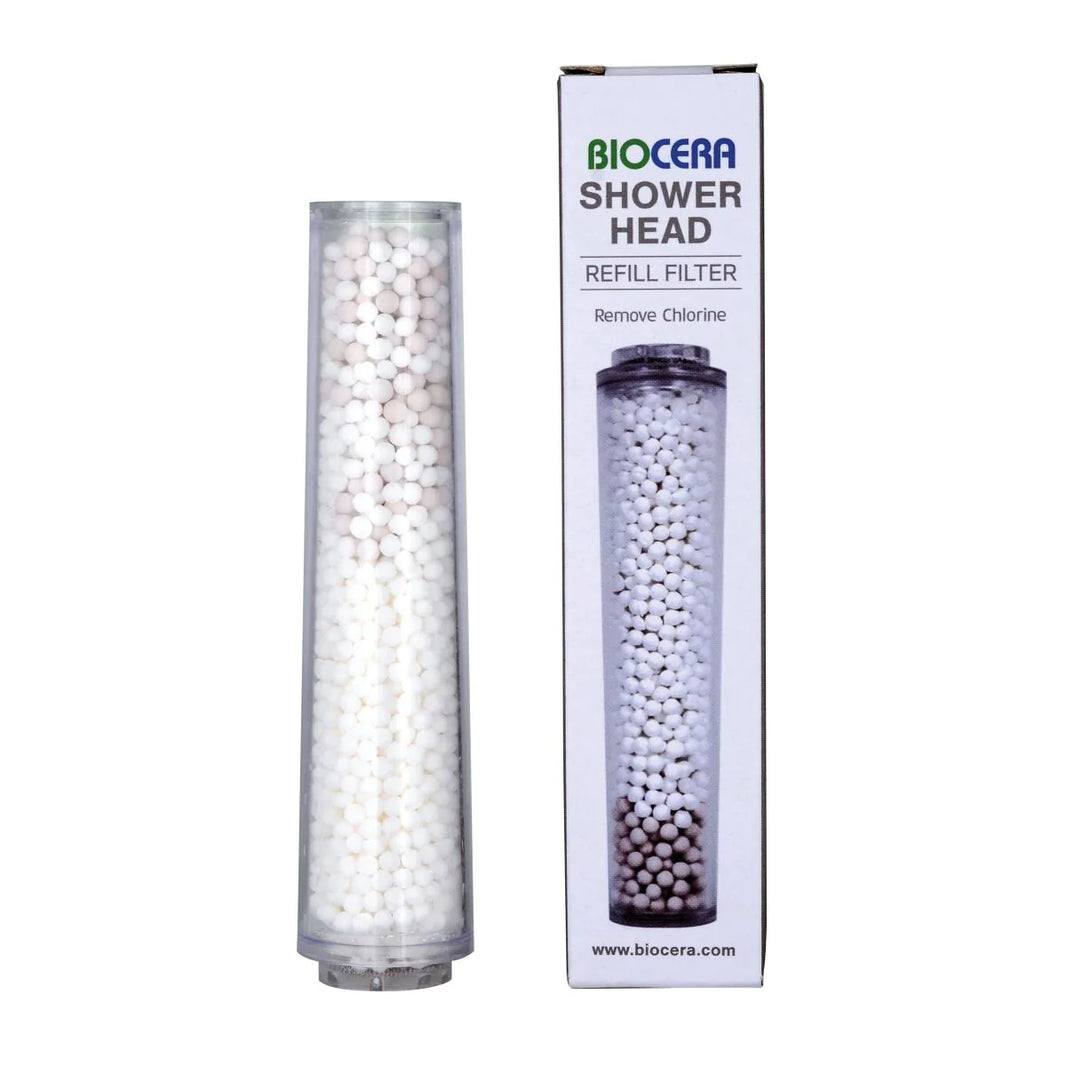MCT oil and coconut oil are excellent sources of medium-chain fatty acids, which should become part of your daily nutrition intake.
But only one of these oils has fast-absorbing properties that may help boost cognitive function, improve athletic performance and increase weight loss.
MCT Oil vs Coconut Oil – there can only be one winner. But who? Read on to find out.
What is MCT Oil?
MCT stands for medium-chain triglycerides, a type of saturated fatty acid associated with numerous health benefits. MCTs derive their name from the length of their chemical structure.
All fatty acids are composed of hydrogen and carbon strings and are classified by how many carbon atoms they have. Medium-chain fatty acids have up to 12 carbons.
Not very long ago, saturated fats were considered the enemy. However, recent research has shown that saturated fat is not to blame for increasing the risk of heart disease, stroke, type 2 diabetes or sudden death.
Rather than being demonised, some forms of saturated fat – including MCT oil – are now widely praised.
MCT saturated fats are easier to digest than long-chain triglycerides and even have benefits for heart health, brain health and obesity prevention.
Benefits of MCT Oil
Once consumed, medium-chain fatty acids are sent directly to the liver, where they have a thermogenic effect that might be responsible for increasing metabolism and inducing weight loss.
MCTs may help reduce fat loss as they are immediately burned as fuel instead of being store as fat.
MCT fats are easier to digest than long-chain fatty acids, as they have less carbon chains for the body to break down. As MCT chains are smaller, they are able to enter through cell membranes easier than longer fatty acid chains and do not require enzyme assistance to be utilised by the body.
This makes them a more readily available energy source.
There are further benefits, too. MCT oil could protect the digestive and immune systems by fighting harmful viruses, bacteria, parasites and fungi. They’re also a good source of antioxidants, which are extremely useful for naturally detoxifying the body and reducing disease-causing inflammation.
Lastly, MCT oil contains essential amounts of fatty acid to increase brain function.
MCTs have been shown to have a positive impact on dementia and Alzheimer’s disease. According to a 2014 study, oral supplementation with MCTs significantly improved memory by producing higher ketone levels in the blood.
The reason MCTs provide an ample source of instant energy is because they are able to quickly cross the mitochondria membrane of cells, which is the part responsible for energy production.
And unlike most fatty acids, MCTs do not require the presence of l-carnitine. This results in a production of excess acetyl-coA, which is broken down into ketones.
Ketones, as we all know, are the preferred fuel of the brain.
MCTs have been shown to have the following benefits:
- Lower blood sugar to reduce inflammation and improve brain function
- Inhibit fatty tissue production and improve carbohydrate metabolism
- Increase magnesium absorption
- Preserve lean body tissue by improving nitrogen absorption and amino acid sparing
- Anti-convulsive
- Improve athletic performance
- Control appetite and induce weight loss
MCT Oil vs Coconut Oil
Getting back to our main event then: MCT Oil vs Coconut Oil. Who comes out on top?
Although medium-chain fatty acids are also found in coconut oil, MCT oil is better for you overall.
Marketing companies love to claim that coconut oil contains as much as 60 percent of MCT oil, so it is a good option if you’re working with a tighter budget.
The medium-chain fatty acids found in coconut oil mostly contain lauric acid, which is another form of medium-chain fatty acid that does not act like true MCT oils in the body.
Biologically, lauric acid acts more like a long-chain fatty acid, which is harder to digest and does not provide fast-acting ketone energy production.
While MCT oils are utilised as instant energy, lauric acid is more likely to be stored as fat. Lauric acids are chemically the same as MCT but biologically, our bodies do not treat them equally.
Coconut oil contains many different types of fatty acid, but only caproic acid, caprylic acid and capric acid act like true MCTs.
While lauric acid does supply antimicrobial properties, Pure MCT is what you need if you wish to burn fat, lose weight, improve blood sugar levels, reduce cholesterol and increase cognitive function.
Unlike lauric acid, which is harder to digest, MCT oil is sent directly to the liver, where it is quickly absorbed into the bloodstream and can immediately be utilised as brain and muscle fuel. Unlike coconut oil, it has the added benefit of producing ketones.
MCT Oil can be added to salads, smoothies and soups and is a fantastic way of getting more beneficial fatty acids into your diet.
Conclusion
The truth is, both MCT Oil and Coconut Oil should be viewed as health-promoting, particularly when it comes to weight loss and specifically brain health.
The antibacterial, antiviral and antimicrobial properties of the two have also attracted interest, leading to a spike in consumer interest.
Of course, you might be considering MCT Oil purely as a complement to the ketogenic diet.
Oh, and if you’re worried about the high saturated fat content of coconut or MCT Oil, don’t be: believe it or not, eating more fat of all kinds appears to reduce overall risk of death by 23%, stroke risk by 18% and non-heart related mortality by 30%.























Leave a comment